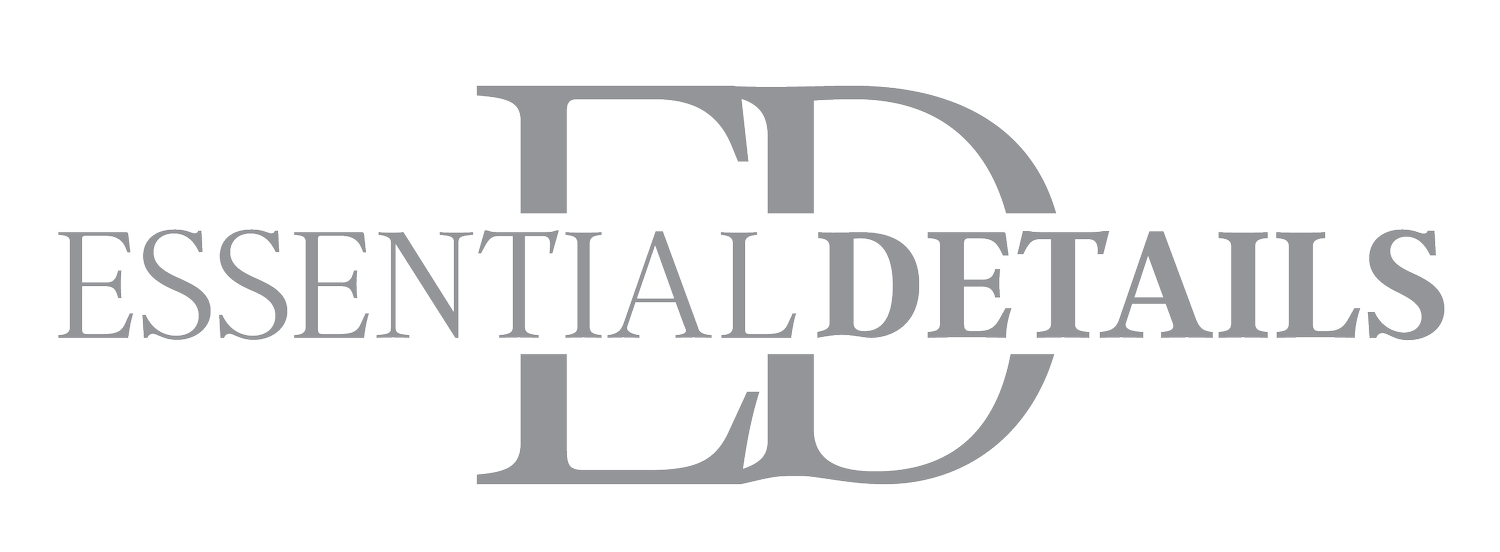Interview Tips
Research from Princeton University suggests that you have less than 7 seconds before someone has made their initial judgment of you. Walking into an interview with your best foot forward is crucial for this reason. Here are 8 tips to nail your next interview:
Make a Great First Impression
7 seconds isn’t a lot of time to secure a good impression, so make the most of it. When walking into an interview, be confident and greet your interviewer with a firm handshake and professional eye contact. Nothing connotates a worse image than being late to your interview, so make sure you are timely. Be courteous to the receptionist or anyone you encounter prior to the interview as well. Dress the part in the appropriate attire. For examples of what to wear for specific business professions, check out this useful guide.
Be Well Prepared
Prior to the interview, ask how many interviewers there will be. This is a great opportunity to show you are well prepared by providing enough copies of your resume for each interviewer. Have your resumes or transcripts organized neatly in a folder. Re-read over any emails or communication prior to the interview to ensure you have any materials or documents requested of you. Look through the company's website, and pay attention to any bios you can find on their seniors and employees.
Know Your Stuff
There’s nothing more impressive than recalling specifics about the company you’re interviewing with. An example of displaying your knowledge of the company could be mentioning that you resonate with the company's mission statement, or even mentioning the organizations and charities they're partnered with. This shows your interviewer that you put time and effort in before you were even hired.
Research Commonly Asked Questions
During any interview, you will be asked a lot of questions. The good news here is that you can prepare for the most commonly asked ones. You are more than likely going to be asked things like:
Tell us about yourself/ your resume.
What are your strengths and weaknesses?
Why should we hire you?
How would your friends or coworkers describe you?
Where do you see yourself professionally in 5 – 10 years?
Plan and practice your responses to these questions so you know exactly what to say. Check out this link to read more about other commonly asked interview questions, as well as structured response examples.
Salary Expectations
Another question you may be asked during an interview is “What are your salary expectations for this role?” This can feel like a daunting question, but if you do your research prior to the interview, you should be in good shape. Prior to the interview, look at websites like Glassdoor.com or Salary.com for the average salary of the role you're applying for. If you’re searching for information about a lesser-known profession, try reaching out to professionals in the same field on apps like LinkedIn or Facebook. Once you have a realistic idea of your salary range, practice your pitch. Your response could sound something like this:
“Based on my past experience in this field, coupled with what others in our area are making, my expected annual compensation is forty to forty-five thousand dollars.”
Always give a price range, specifically a range higher than what you actually want. Chances are there will be some negotiation regarding your compensation and it is much easier to wager down than up.
Even after your first interview, you may feel like you don’t know enough about the position to give an accurate salary pay range. This is totally okay! If you find yourself in this situation, practice saying something along the lines of:
“I would love to share my salary expectations, but first, could you tell me a little more about your PTO benefits, healthcare, retirement plans, etc.?”
Knowing this information will help you put the details together to give realistic salary expectations.
Body Language
It's natural to feel nervous or anxious before an interview, but remember to display a calm and self-assured demeanor. Your body language will be indicative of how prepared and confident you feel. Something that may put your mind at ease is that you should not be the only one under evaluation during an interview. You should also be evaluating your possible future employer. You should be assessing the environment, people, location, etc. to see if this job would be a good fit for you!
Prepare Your Own Questions to Ask for the Interview
“So, do you have any questions for us?”. Nothing feels or looks worse than hearing this question, having your mind go blank, and saying “No, I think you covered everything.” Before your next interview, jot down a few questions about the company, the role you're applying for, or the next steps in the process. Showing genuine interest in a job during an interview is crucial for both your own decision-making process and for making a positive impression on the interviewer. To demonstrate your interest, ask thoughtful and relevant questions that go beyond the basics. Here are some questions you can consider asking:
What is your favorite part about working here?
Can you tell me more about the team I'll be working with?
What does a typical day or week look like in this role?
What are the short-term and long-term goals for this department or team?
How does this role contribute to the overall success of the organization?
Can you describe the company culture and values?
How does the company promote work-life balance and employee well-being?
What is the next step in the interview process, and when can I expect to hear back from you?
After the interview
You may think the work is done when the interview has concluded, but it's not! It’s very important to swiftly follow up the day of or the day after your interview to sincerely thank your interviewer for their time. Remember to also promptly provide any additional information or documents they may have requested from you. By doing this you’re showing your professionalism and seriousness regarding the position. Check out this great example email.
Whether you are a recent college grad, a seasoned professional looking for a career change, or anything in between, do not give up! We understand that going through multiple rounds of interviews with different companies can be exhausting, but there is light at the end of the tunnel! Polish your interview skills, apply the tips mentioned above, and walk into your next interview with confidence. We know you will land your dream job in no time!




